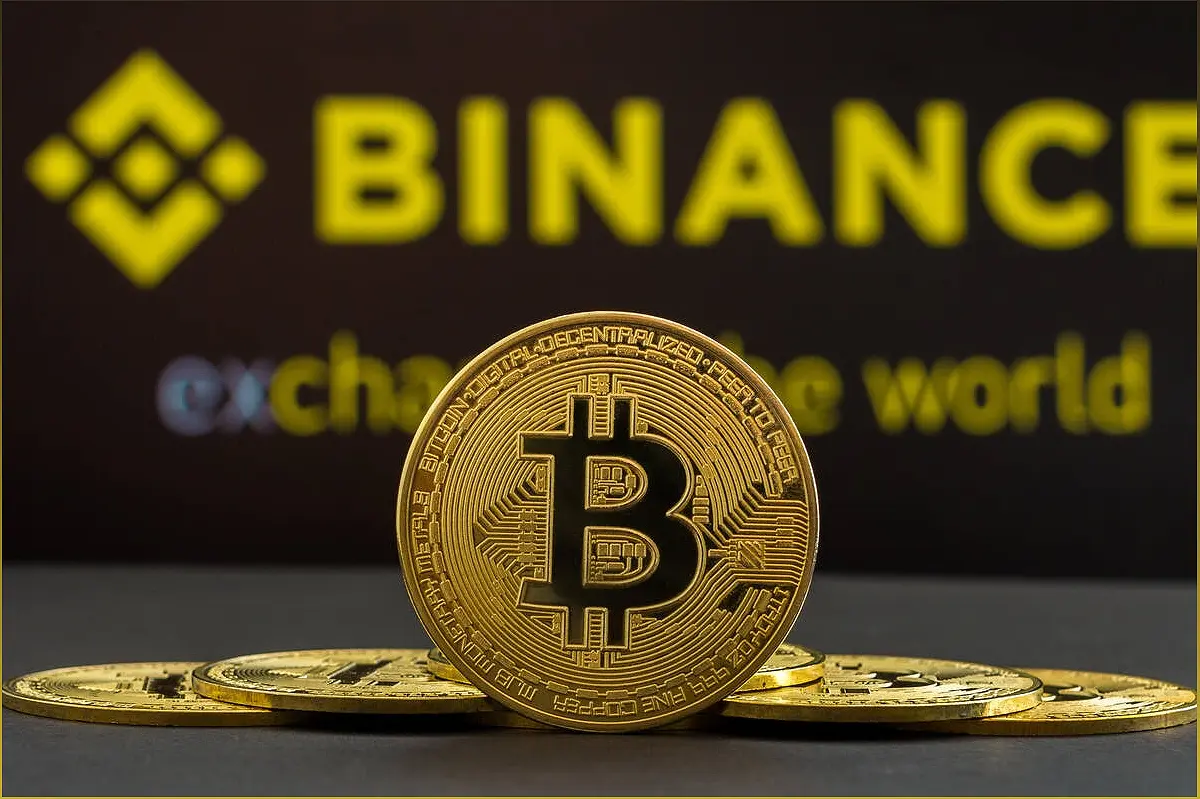Binance Holdings Ltd. and its CEO Changpeng Zhao have pleaded guilty to anti-money laundering and U.S. sanctions violations in a landmark settlement with the U.S. government. This article delves into the details of this significant case, exploring the charges, fines, and implications for the cryptocurrency exchange.
Binance's Guilty Plea and Historic Settlement
Explore the groundbreaking settlement between Binance and the U.S. government, as the cryptocurrency exchange pleads guilty to anti-money laundering and sanctions violations.
Binance Holdings Ltd. and its CEO Changpeng Zhao have made headlines with their recent guilty plea in a historic settlement with the U.S. government. The cryptocurrency exchange has admitted to violating anti-money laundering laws and U.S. sanctions, marking a significant development in the industry.
Under this landmark settlement, Binance will pay a staggering $4.3 billion, making it one of the largest corporate agreements in U.S. history. Additionally, Changpeng Zhao, commonly known as CZ, will step down as CEO and pay a $50 million fine.
This groundbreaking case, which involves the Justice Department, Treasury Department, and the Commodity Futures Trading Commission, concludes a lengthy investigation into Binance's activities.
Charges and Violations: A Closer Look
Delve into the charges and violations brought against Binance, including anti-money laundering, unlicensed money transmitting, and sanctions violations.
Binance faced a range of serious charges as part of the settlement. The company admitted to allowing transactions with terrorist groups, such as Hamas, on its platform. This violation of anti-money laundering laws and U.S. sanctions raises significant concerns about the exchange's compliance measures.
Furthermore, Binance was charged with operating an unlicensed money transmitting business and facilitating transactions between customers in the U.S. and Iran, in violation of U.S. regulations.
These violations, which occurred during the conflict between Israel and Hamas, highlight the need for robust measures to prevent the flow of funds to terrorist organizations and countries under sanctions.
Implications and Penalties for Binance
Discover the implications and penalties that Binance will face as a result of its guilty plea, including fines, potential prison terms, and changes in leadership.
The implications of Binance's guilty plea are significant. The cryptocurrency exchange will pay a criminal fine of $1.8 billion and forfeit $2.5 billion, totaling $4.3 billion. This substantial financial penalty serves as a strong deterrent and sends a clear message to the industry.
Changpeng Zhao, the CEO of Binance, could face up to 10 years in prison, although it is expected that his sentence will be no more than 18 months under the plea deal. The length of his prison term is yet to be determined by the Justice Department.
Additionally, as part of the settlement, Binance will enhance its compliance program and appoint an independent monitor for three years. These measures aim to ensure that the exchange operates within the boundaries of the law and prevents future violations.
Binance's Role in Facilitating Illicit Transactions
Uncover the details of how Binance facilitated illicit transactions, including its involvement with terrorist organizations and its failure to prevent suspicious activities.
Binance's involvement in facilitating illicit transactions is deeply concerning. The exchange admitted to allowing transactions with terrorist groups, including Hamas' Al-Qassam Brigades, Palestinian Islamic Jihad, Al Qaeda, and the Islamic State of Iraq and Syria.
Moreover, Binance failed to prevent and report suspicious transactions with these organizations, highlighting significant gaps in its compliance and monitoring systems. These failures allowed funds to flow to terrorist organizations and posed a risk to global security.
Additionally, Binance enabled over 1.1 million transactions, worth more than $898 million, between customers in the U.S. and Iran, further violating U.S. regulations and sanctions.
The Financial Impact and Distribution of Fines
Explore the financial impact of the fines imposed on Binance and how they will be distributed among various government agencies.
The fines imposed on Binance are substantial and will have a significant financial impact on the company. The cryptocurrency exchange will pay a criminal fine of $1.8 billion and forfeit $2.5 billion, totaling $4.3 billion.
The funds from the fine will be distributed among various government agencies. The Treasury Department's Financial Crimes Enforcement Network will receive $3.4 billion, while its Office of Foreign Assets Control will receive $968 million.
This distribution of fines aims to support the agencies' efforts in combating money laundering, terrorist financing, and other illicit activities.
The Future of Binance and Regulatory Compliance
Examine the future of Binance in light of the settlement and the measures the company will undertake to enhance its regulatory compliance.
The settlement with the U.S. government marks a turning point for Binance and raises questions about its future. As part of the agreement, Binance will enhance its compliance program and appoint an independent monitor for three years.
These measures are crucial in ensuring that the exchange operates within the boundaries of the law and prevents future violations. Binance will need to demonstrate its commitment to regulatory compliance to regain trust and maintain its position in the cryptocurrency industry.
The case against Binance also highlights the increased scrutiny faced by the cryptocurrency industry from government agencies and lawmakers. It serves as a reminder that compliance with anti-money laundering and sanctions regulations is essential for the industry's long-term sustainability.

